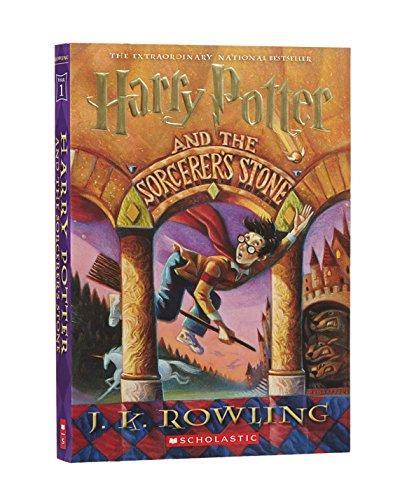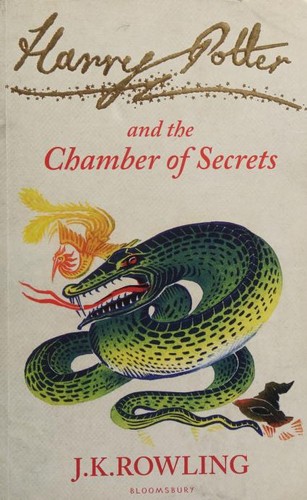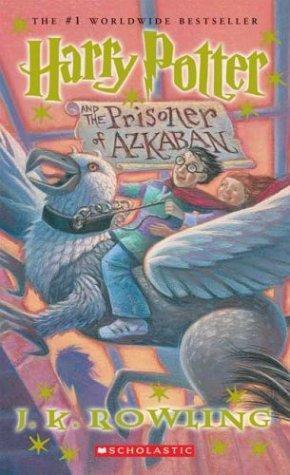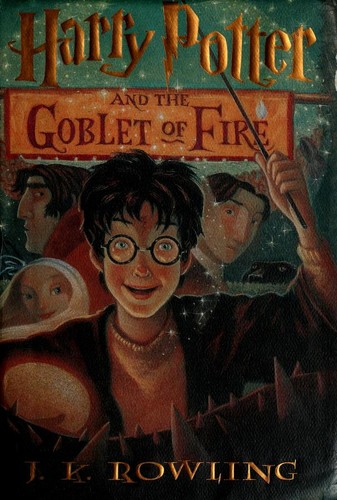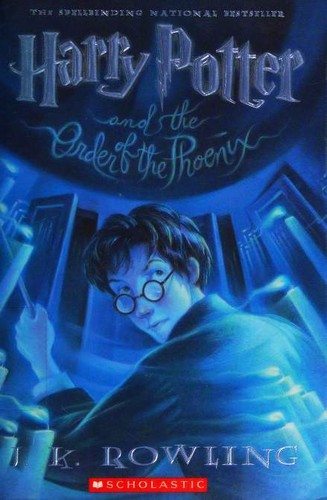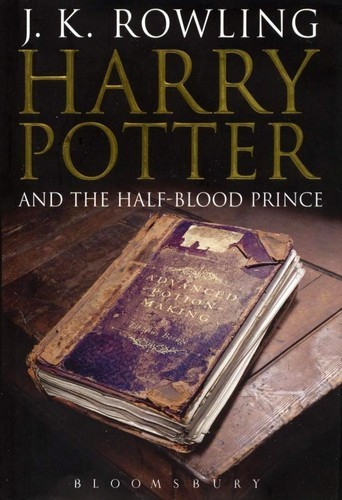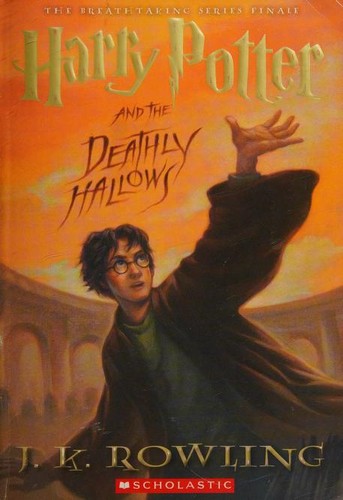Joanne Rowling ( "rolling"; born 31 July 1965), also known by her pen name J. K. Rowling, is a British author and philanthropist. She wrote Harry Potter, a seven-volume children's fantasy series published from 1997 to 2007. The series has sold over 500 million copies, been translated into at least 70 languages, and spawned a global media franchise including films and video games. The Casual Vacancy (2012) was her first novel for adults. She writes Cormoran Strike, an ongoing crime fiction series, as Robert Galbraith. Born in Yate, Gloucestershire, Rowling was working as a researcher and bilingual secretary for Amnesty International in 1990 when she conceived the idea for the Harry Potter series while on a delayed train from Manchester to London. The seven-year period that followed saw the death of her mother, birth of her first child, divorce from her first husband, and relative poverty until the first novel in the series, Harry Potter and the Philosopher's Stone, was published in 1997. There were six sequels, of which the last was released in 2007. By 2008, Forbes had named her the world's highest-paid author. Rowling concluded the Harry Potter series with Harry Potter and the Deathly Hallows (2007). The …
J. K. Rowling
Author details
- Born:
- July 31, 1965
External links
Joanne Rowling ( "rolling"; born 31 July 1965), also known by her pen name J. K. Rowling, is a British author and philanthropist. She wrote Harry Potter, a seven-volume children's fantasy series published from 1997 to 2007. The series has sold over 500 million copies, been translated into at least 70 languages, and spawned a global media franchise including films and video games. The Casual Vacancy (2012) was her first novel for adults. She writes Cormoran Strike, an ongoing crime fiction series, as Robert Galbraith. Born in Yate, Gloucestershire, Rowling was working as a researcher and bilingual secretary for Amnesty International in 1990 when she conceived the idea for the Harry Potter series while on a delayed train from Manchester to London. The seven-year period that followed saw the death of her mother, birth of her first child, divorce from her first husband, and relative poverty until the first novel in the series, Harry Potter and the Philosopher's Stone, was published in 1997. There were six sequels, of which the last was released in 2007. By 2008, Forbes had named her the world's highest-paid author. Rowling concluded the Harry Potter series with Harry Potter and the Deathly Hallows (2007). The novels follow a boy called Harry Potter as he attends Hogwarts, a school for wizards, and battles Lord Voldemort. Death and the divide between good and evil are the central themes of the series. Its influences include: Bildungsroman (the coming-of-age genre), school stories, fairy tales, and Christian allegory. The series revived fantasy as a genre in the children's market, spawned a host of imitators, and inspired an active fandom. Critical reception has been more mixed. Many reviewers see Rowling's writing as conventional; some regard her portrayal of gender and social division as regressive. There were also religious debates over Harry Potter. Rowling has won many accolades for her work. She has received an OBE and made a Companion of Honour for services to literature and philanthropy. Harry Potter brought her wealth and recognition that she has used to advance philanthropic endeavours and political causes. She co-founded the charity Lumos and established the Volant Charitable Trust, named after her mother. Rowling's charitable giving centres on medical causes and supporting at-risk women and children. In politics, she has donated to Britain's Labour Party and opposed Scottish independence and Brexit. Since late 2019, she has publicly expressed her opinions on transgender people and related civil rights. These have been criticised as transphobic by LGBT rights organisations and some feminists, but have received support from other feminists and individuals.
